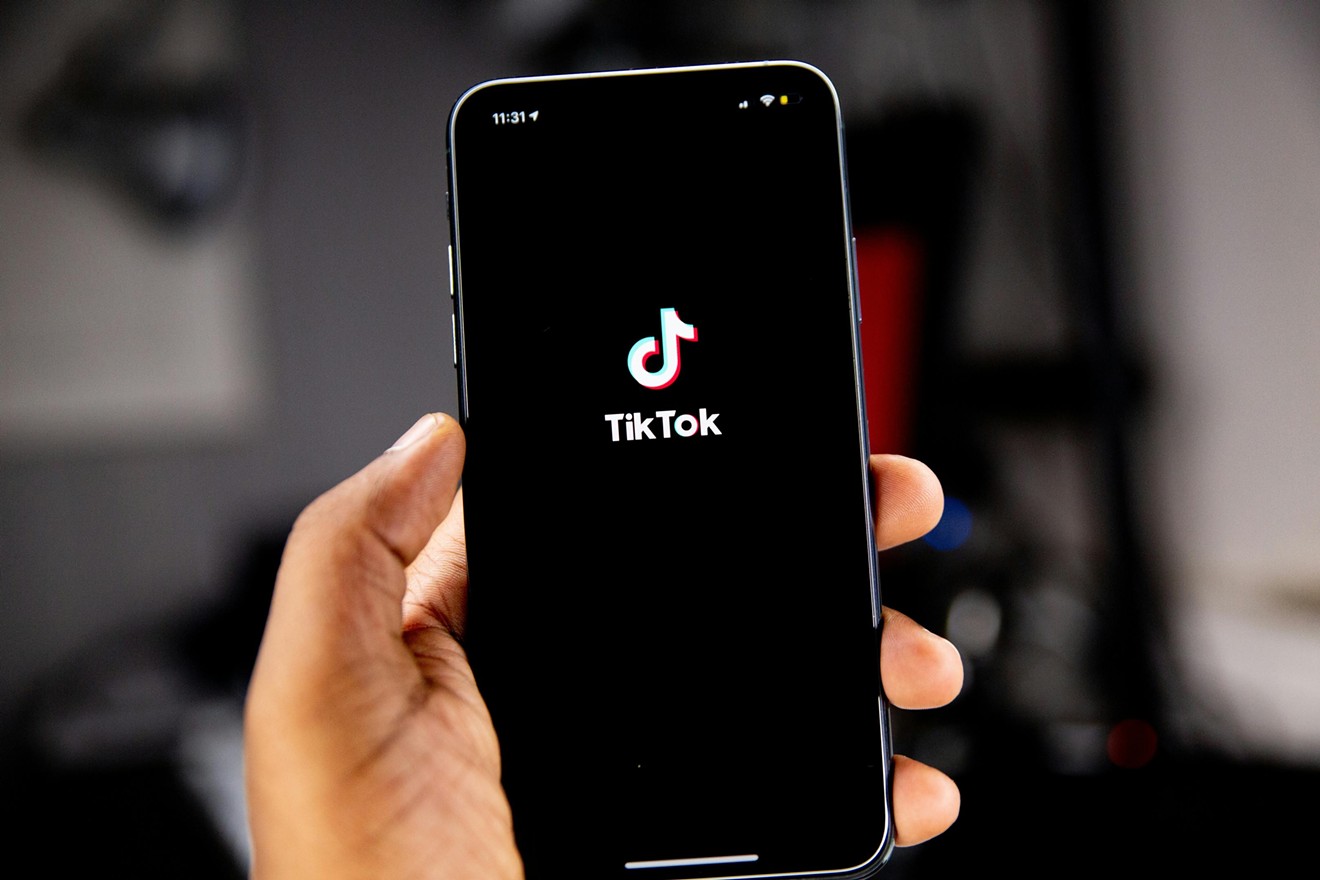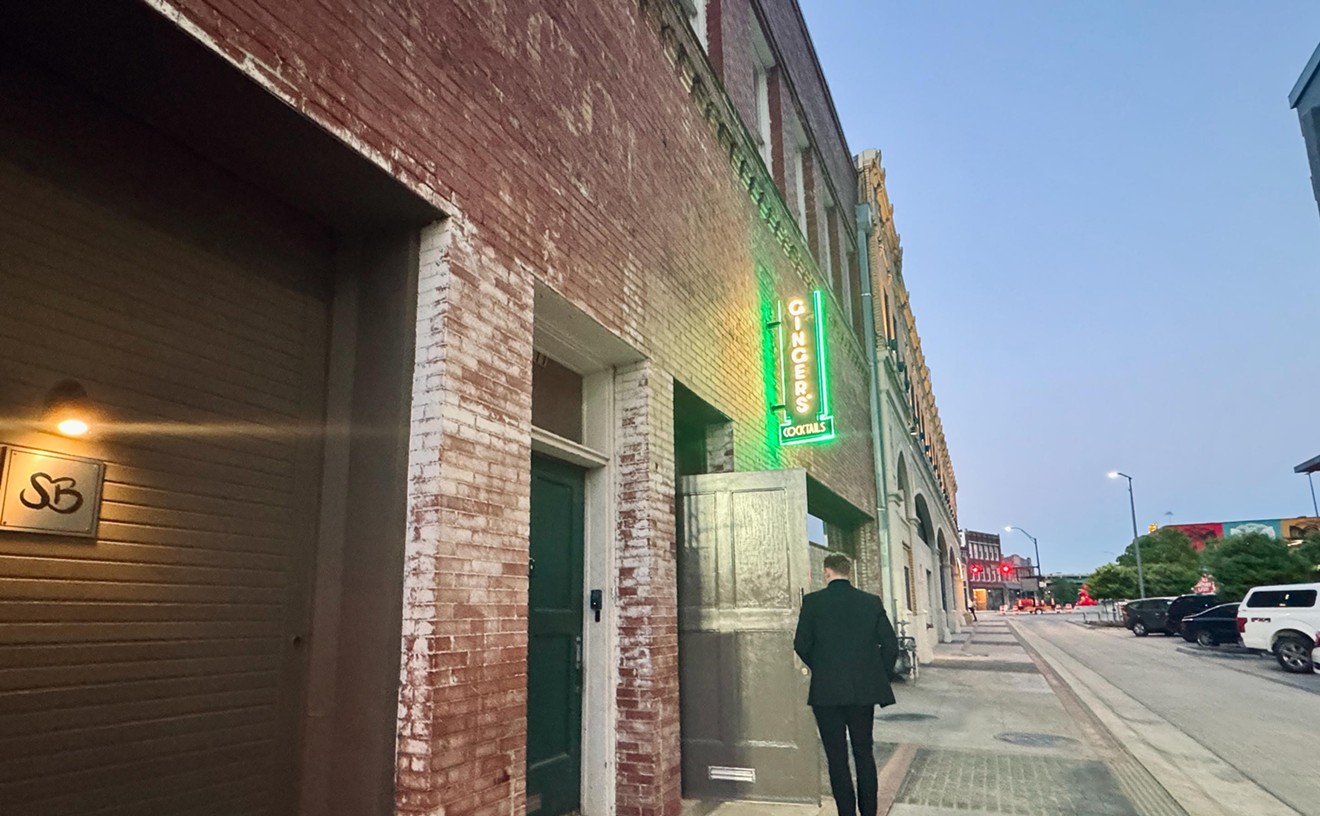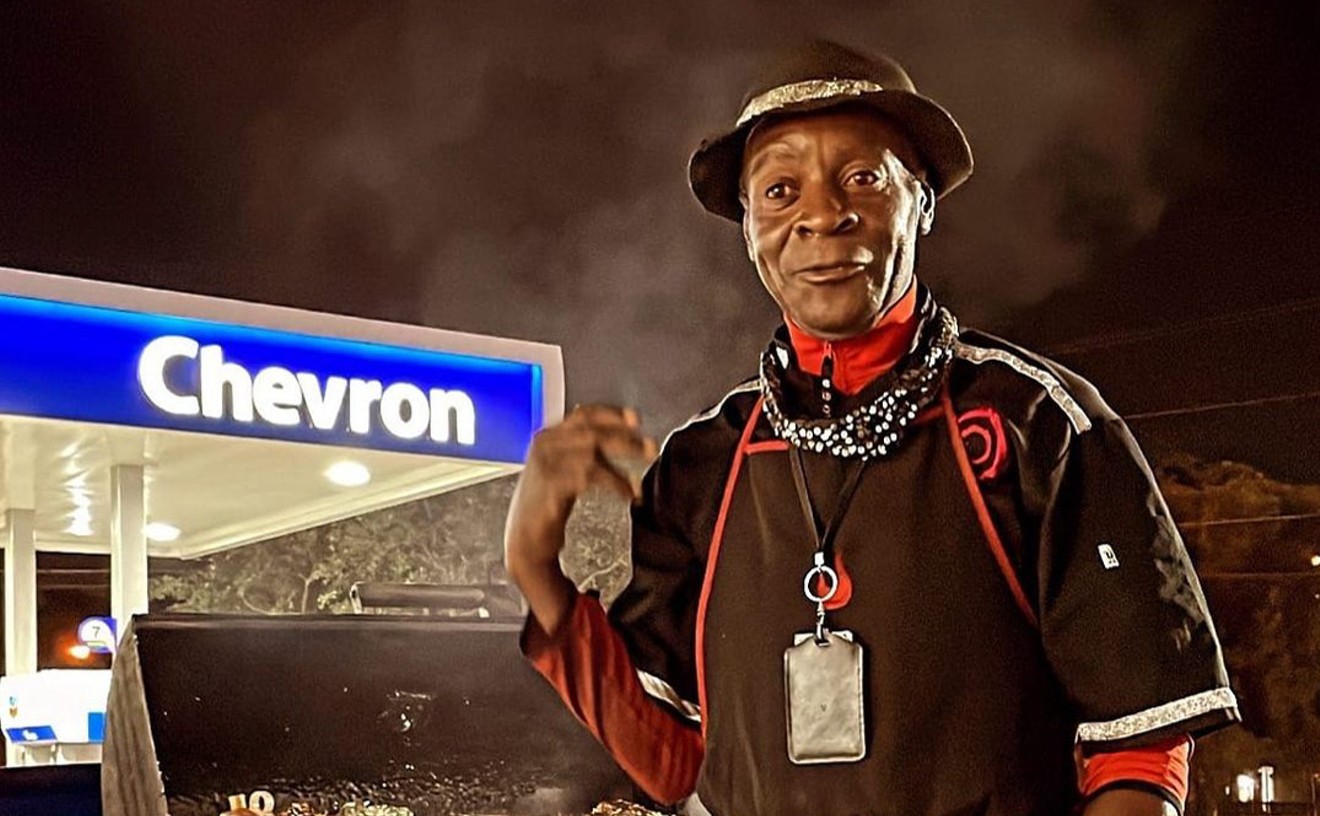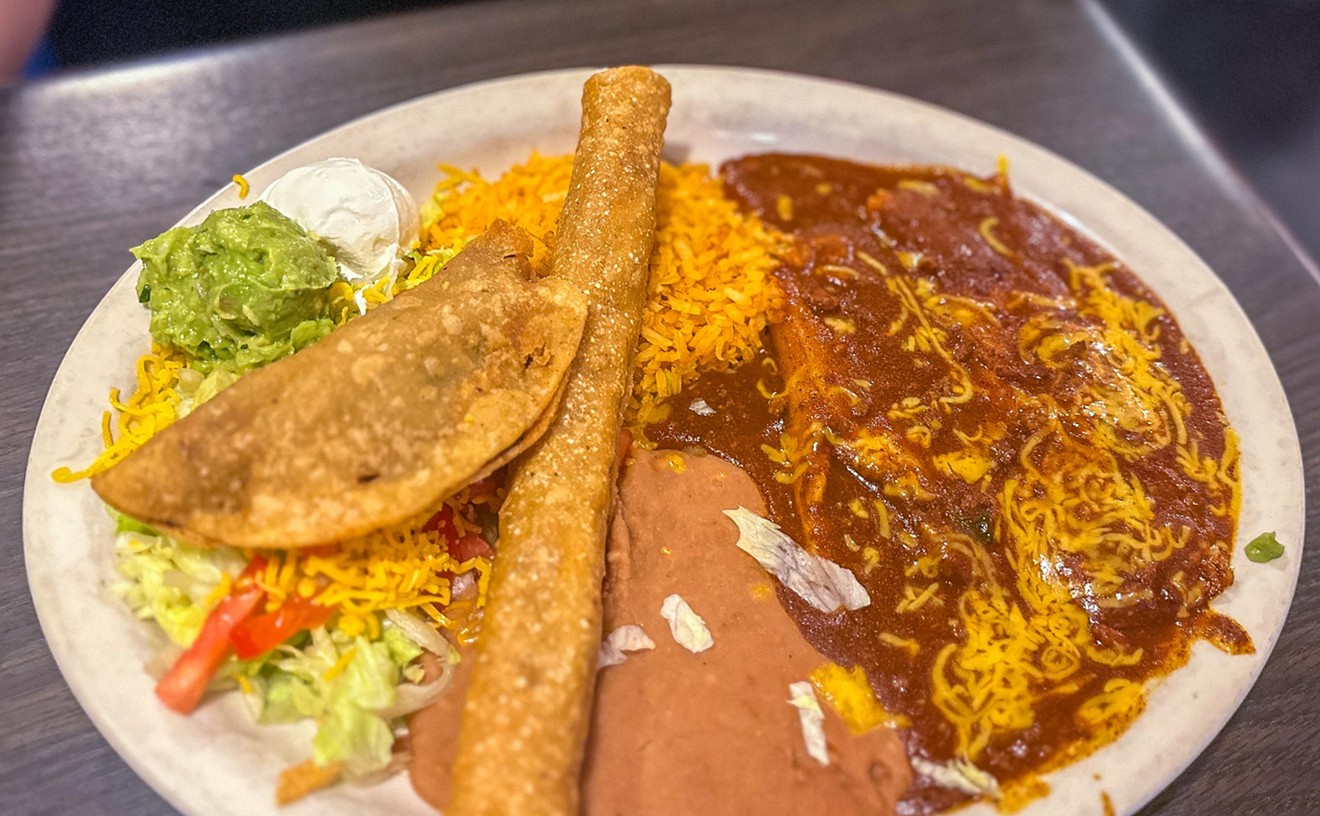U.S. lawmakers recently renewed efforts to crack down on the social media platform over national security concerns. The Protecting Americans from Foreign Adversary Controlled Applications Act (well, what would you call it?) passed a House vote with wide bipartisan support on March 13. The bill requires TikTok's parent company, ByteDance, to sell the social media app or face a ban in the U.S.
Rep. Mike Gallagher, R–Wisconsin, who chairs the House Select Committee on China and is the lead GOP sponsor of the bipartisan bill, told NPR he's not after an outright ban, but rather a "forced separation." Gallagher says that the app threatens user privacy and has been used to interfere with U.S. elections.
While the timeline is unclear, the bill will move to the Senate next. President Joe Biden says he will sign the proposed legislation if it reaches his desk.
There's no question that TikTok can drive trends and business for restaurants, particularly when videos get millions of views, like this shawarma spot in Toronto currently trending. A 2022 survey by marketing agency MGH of 917 U.S. adults revealed that 30% of TikTok users responded that they travel longer than normal to visit a restaurant after seeing it on TikTok. Twenty-eight percent visited a restaurant that was slightly more expensive than the ones they usually visit after seeing it on TikTok. Local influencers and restaurants aren't overly concerned, however.
The Phone Eats First
DeQuilla Henderson, aka @dafoodiebaddie, has shared her love and interest in the local food community and culture on TikTok since 2019, but she's been in the food influencer game since the early days of Yelp. Over the years, Henderson has seen food content creation go through several phases, transforming over many platforms like Instagram, YouTube and TikTok.Henderson, who has over 14,000 followers and 223,000 likes on the app, says she and other Dallas foodies have had some success due to the algorithm format. However, while TikTok has been known to help content creators expand their reach, Henderson says she sees the app’s algorithm as both its strength and its weakness.
If you follow the algorithm trends correctly on even your first video, your account can blow up overnight. This helps many up-and-coming influencers, but it also hurts the success and perception of local creators like Henderson who have been in the food-influencing business for years. As a result, this limits what and who local creators can experience and highlight from the Dallas dining scene.
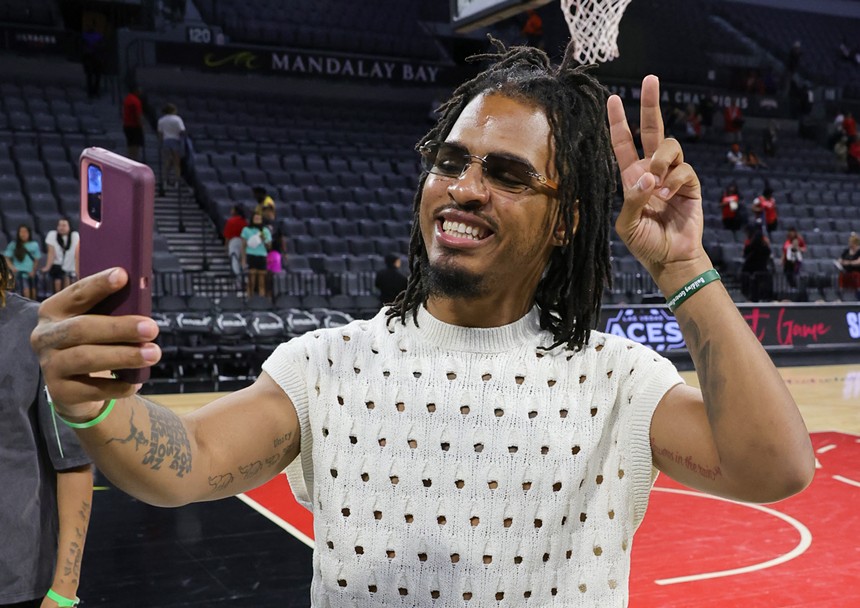
Former MMA fighter and current TikTok restaurant reviewer Keith Lee brought his tour to Dallas.
Ethan Miller/Getty Images
“What does that make me look like if I go into a restaurant and I don't even have a fraction of his follower account?” Henderson says. “I'm like, ‘Yeah, hey, I need you to pay me $100 for this,’ and they can say, ‘Well, someone like Keith Lee came in and he did it for free.’ That's like a slap in the face.”
As food creators' presence strengthens across the country, Henderson believes it sets up impractical expectations for local influencers who do not have the means or following to deliver the same results.
“In my opinion, I think that TikTok is great. I do think that there are wins that it did bring,” Henderson says. “But there’s also some realm of unrealistic-ness that I personally find when I look at it from a smaller scope.”
She's not sure a ban will affect her business or diners' experiences.
“Is TikTok going to be missed by the masses? No, they’re going to do whatever is socially normal for them,” Henderson says. “Social media has gone through many different phases and cycles. The end of TikTok will just be another organic part of that.”
Due to the app’s uncertain future, Henderson has already made her way over to Lemon8, another ByteDance app, that leans toward a format similar to Instagram and TikTok. She says she has already seen Lemon8 regaining mass popularity over the past several months, similar to how TikTok steadily gained users after it was introduced to audiences in 2016.
Restaurant Portion Sizes
Chris Bohn is a partner at The Operator's Club in the historic West End of Dallas. He recently enjoyed some success when videos of his pasta sandwiches (which we highly recommend) went viral."We definitely did get some traction from TikTok and do rely on guests and influencers posting and sharing on social platforms," Bohn says. But he's not worried about the app falling off the influencer map. "If TikTok was banned I think we would all find another media platform to do the same or similar on shortly."
At least a dozen other restaurateurs we contacted shared a similar sentiment: bumps in traffic from videos are fleeting, and if TikTok tanks, to quote one, "Meh."
Dallas-based publicist Claire Cowman says a viral post can actually hurt businesses long-term.
"From what I’ve heard in most cases," Cowman says, "TikTok boosts have sometimes been super negative to restaurants because it creates an overnight spike for business, which is hard to respond to."
The family-run ghost kitchen, Halal Fusionz, was inundated with customers after Keith Lee visited and gave the spot a glowing review. Lee has 16 million followers, so the impact was enormous; a line wrapped around the building the next night.
Owner Ahmed Siyaji says the learning curve has been fast — and his Yelp rating has been dinged with some poor reviews because of wait times — but the inundation is a great problem.
"Operating out of a small ghost kitchen and with new staff, it's been a learning curve for them, as well," Siyaji says. He has limited production space and makes everything fresh, so the wait times are going to happen. He recommends everyone order online.
"There are a lot of online orders made before people come in person," he says. "And people [who walk in] don't realize that."
He's looking to expand to a full-service restaurant, perhaps in the Bishop Arts District. He hopes to be in a new spot by end of the year.
So it may come down to portion sizes: an influencer with millions of followers can blow a restaurant up overnight. And you can bet those content creators will adjust to whatever platform they need to in the future. And for most restaurants, they'll continue to use traditional routes: good food, word of mouth and maybe an IG reel of a giant cheese pull on occasion.

